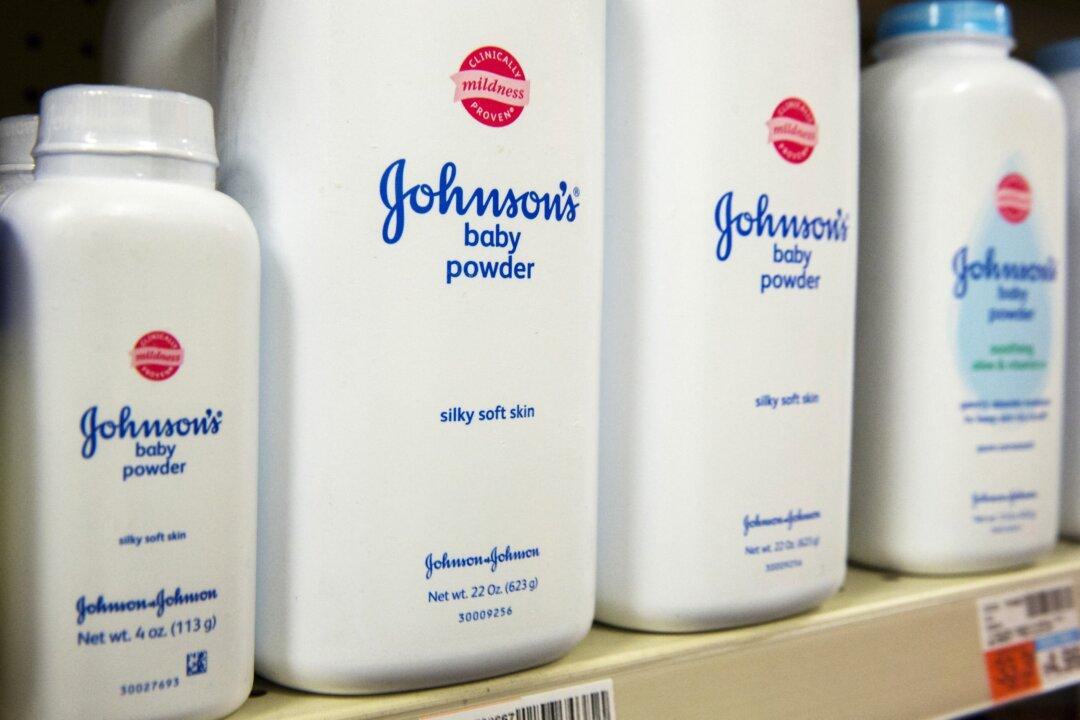A Johnson & Johnson (J&J) subsidiary proposed on Friday that it would submit to an independent examination of the corporate restructuring the healthcare giant undertook in an attempt to settle in U.S. bankruptcy court thousands of lawsuits alleging that J&J baby powder and other talc products cause cancer.
Greg Gordon, a lawyer for J&J subsidiary LTL Management LLC, raised during a hearing before U.S. Bankruptcy Judge Michael Kaplan the idea of a court-appointed examiner that could “come in and do whatever investigation it wants” to determine whether the restructuring short-changed cancer victims.





